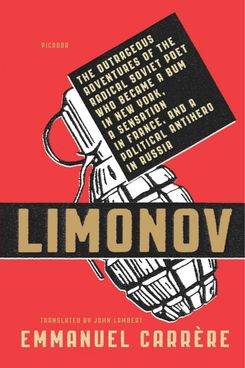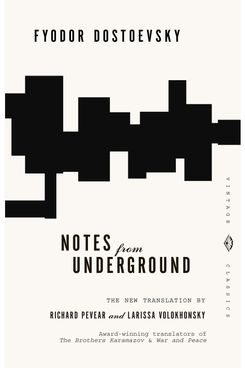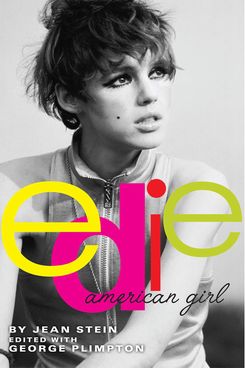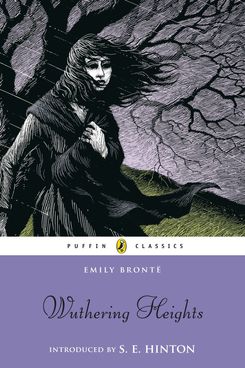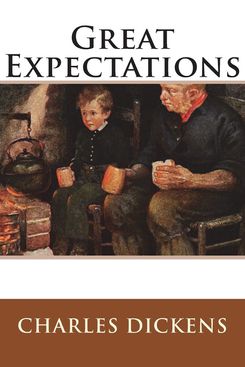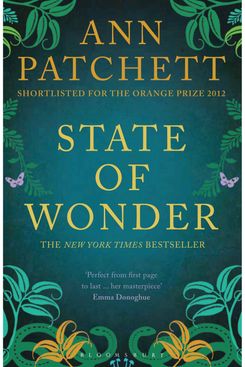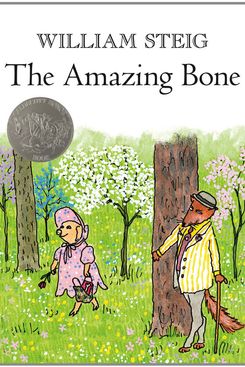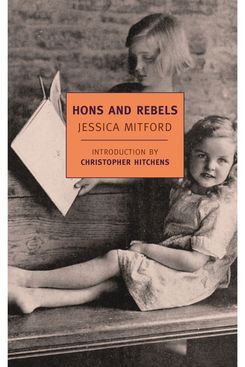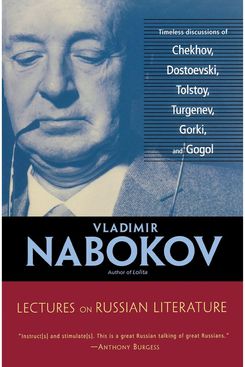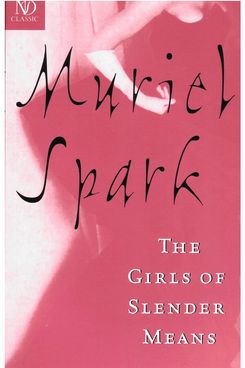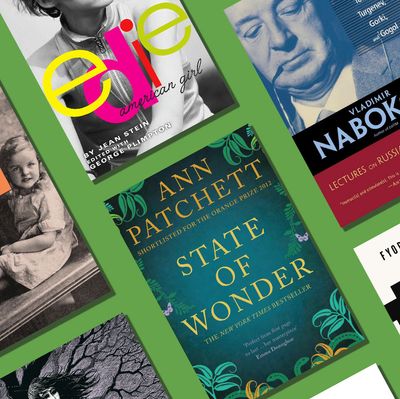
Bookseller┬áOne Grand Books┬áhas asked celebrities to name the ten titles theyÔÇÖd take to a desert island, and theyÔÇÖve shared the results with Vulture. Below is actress and screenwriter Emily MortimerÔÇÖs list. Mortimer stars in the new film, The Bookshop, out┬áAugust 24.
Limonov by Emmanuel Carrere
This book is the best insight into unknowable Russia, a country IÔÇÖve been fascinated by since I studied its language and literature at school and university. ItÔÇÖs the pretend biography of a real-life Russian contrarian, poet, politician, anti-hero and punk, Edward Limonov, whose life has shadowed PutinÔÇÖs and who is now one of PutinÔÇÖs biggest apologists. ItÔÇÖs a totally brilliant, badass book.
Notes from Underground by Fyodor Dostoevsky
This still feels like one of the most radical books IÔÇÖve ever read. ItÔÇÖs considered to be the first existential novel. ItÔÇÖs the memoir of a nameless retired civil servant in Saint Petersburg whoÔÇÖs staging a protest against rational thought and says things like, ÔÇ£Talking nonsense is the sole privilege mankind possesses over the other organisms. ItÔÇÖs by talking nonsense that one gets to the truth! I talk nonsense, therefore IÔÇÖm human.ÔÇØ
Edie by Jean Stein
A boy I had a crush on gave this to me to read at university. In a way, it was my first taste of America and of New York, where I now live. It really affected me. A tragic tale of the life and death of Edie Sedgwick, the charming, broken, sophisticated, naive, sexy, innocent muse for a generation of geniuses ÔÇö Andy Warhol, Bob Dylan, and the Velvet Underground. The Queen of the Scene and its victim, too. I couldnÔÇÖt stop looking at the photo of her on the cover in all her eye makeup, and trying to work her out.
Wuthering Heights by Emily Brontë
I first read this when I was a young girl, way before I had ever had any real romance of my own ÔǪ but KathyÔÇÖs speech to her maid Nellie about her love for Heathcliff always stayed with me: ÔÇ£Nelly, I AM┬áHeathcliff ÔÇö heÔÇÖs always, always in my mind ÔÇö not as a pleasure, any more than I am always a pleasure to myself ÔÇö but, as my own being.ÔÇØ ItÔÇÖs still for me the most passionate and fatalistic novel about romantic love.
Great Expectations by Charles Dickens
My favorite book ever. My father was a Dickens fanatic and brought me up to be one too. IÔÇÖve read all of his novels but I think this is the best. The story of an orphaned boy who wants so badly to be a gentleman that he forgets how to be a gentleman and becomes morally corrupt, until he is forced to accept the ugly reality of his true provenance. The early scenes where young Pip plays cards with the icy and cruel Estella, whom he worships and hates, are the ones that stay with me the most.
State of Wonder by Ann Patchett
Set in the Amazonian rain forest. ItÔÇÖs gothic and funny and strange and profound and outrageous. A female Heart of Darkness. Marina, a 42-year-old research scientist from Minnesota goes in search of her formidable old mentor, who has disappeared researching the women of a certain Amazonian tribe who stay fertile into their 80s from eating the hallucinogenic bark of a magical tree. As well as everything else, itÔÇÖs an exploration of what it is to be a woman whoÔÇÖs getting older. And it makes that particular state seem more wonderful than it usually seems.
The Amazing Bone by William Steig
Steig wrote and illustrated the best American childrenÔÇÖs books. I love the humor, sophistication and pure romantic sweetness of his drawings and stories. His protagonists (in this case a pig called Pearl and her magical bone) all still manage to keep hold of a sense of wonder and longing in a frightening world. They are romantic dreamers longing for more. I have loved reading them to my kids.
Hons and Rebels by Jessica Mitford
Jessica Mitford was part of the legendary English aristocratic Mitford family. Her sisters included the novelist Nancy; Diana, who was imprisoned with her husband Sir Oswald Mosley for being a fascist; Unity, who fell in love with Hitler; and Deborah, who became the Duchess of Devonshire. Jessica was the family communist and eloped with Esmond Romilly, ChurchillÔÇÖs nephew, to go and fight in the Spanish Civil War. Some of the best bits of the book are her descriptions of her childhood. Their poor mother, desperate to knock some sense into her unruly girls, would make them sit down each week and write out how they would economize for a family on an income of 200 pounds a year. Every week without fail Nancy would write at the top of her paper, ÔÇ£199 pounds: flowers.ÔÇØ
Lectures on Russian Literature by Vladimir Nabokov
NabokovÔÇÖs essays on Russian literature are brilliantly funny and iconoclastic. He loves Gogol and hates Dostoyevsky and accuses him of being like the worst kind of sensationalist, journalistic hack. ÔÇ£Dostoyevsky is not a great writer, but a rather mediocre one ÔÇö with flashes of excellent humor, but, alas, with wastelands of literary platitudes in between.ÔÇØ
The Girls of Slender Means by Muriel Spark
The novel begins, ÔÇ£Long ago in 1945 all the nice people in England were poor, allowing for exceptions.ÔÇØ ItÔÇÖs in the bombed-out London of 1945 at the end of the war in a shabby, genteel boarding house for young ladies called the May of Teck Club. We meet the various girls of slender means and follow their lives and love affairs. I love all Muriel SparkÔÇÖs books and think she is witty and elegant and spiky and weird. I met her once in Italy when I was a teenager and she told me, ÔÇ£For the next ten years all you should do is sleep and go to parties.ÔÇØ


